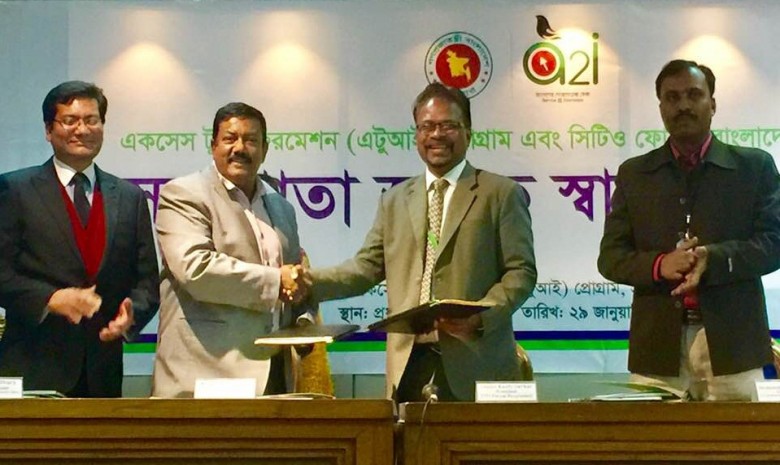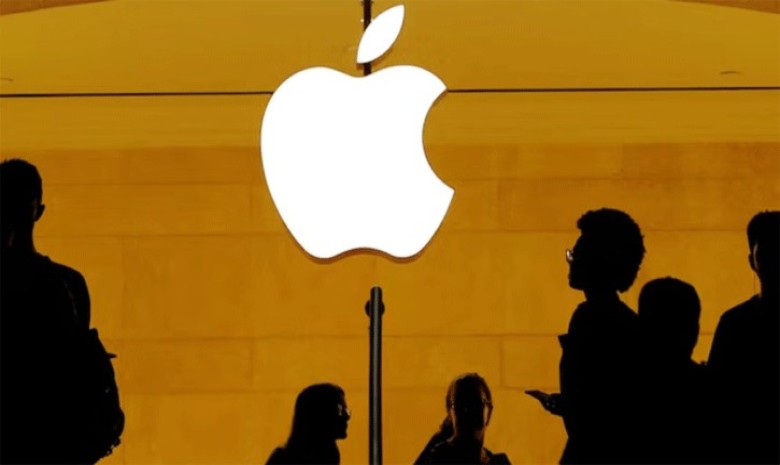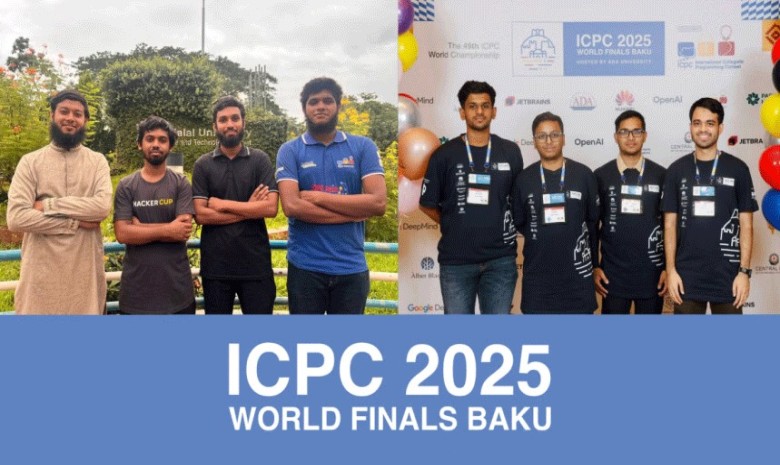A draft of the Bangladesh Telecommunication Regulation (Amendment) Ordinance 2025 has been prepared, incorporating provisions to ensure international standards on lawful interception.
It also includes a clause empowering the regulator to freeze accounts of individuals or institutions through the Bangladesh Bank to recover outstanding dues and prevent misuse of telecommunication services.
On Tuesday (12 August), the Bangladesh Telecommunication Regulatory Commission (BTRC) sent the draft ordinance to the Posts and Telecommunications Division.
If enacted, the ordinance will replace the Bangladesh Telecommunication (Amendment) Act 2010 and restore BTRC’s independence as an entity, eliminating the requirement to seek approval from the division before making significant decisions.
In a letter sent by BTRC to the Secretary of the Posts and Telecommunications Division regarding the draft ordinance, it was noted that telecommunications is an integral part of the full development of e-governance and digital services. Ensuring modern, efficient, secure, and affordable telecommunications services amid rapidly changing technologies is one of BTRC’s key responsibilities.
To maintain fair competition and equitable distribution of resources across both public and private stakeholders, it is crucial to strike a balance between the independence and accountability of the regulator.
However, the Bangladesh Telecommunication (Amendment) Act 2010 curtailed the regulator’s independence while creating scope for undesirable bureaucratic complexity, delays, and bias — hindering fair competition and an investment-friendly environment.
Furthermore, if the ministry establishes separate regulatory policies for the six telecom operators under its jurisdiction, this would appear contrary to a non-discriminatory market system.
In this context, repealing the 2010 amendment law and introducing a transparent and up-to-date legal framework is essential. The draft ordinance has been formulated in line with the Posts and Telecommunications Division’s directive, taking into account the Personal Data Protection Act, Cyber Security Act, Data Governance and Interoperability Act, National AI Policy, telecommunications licensing, mailing, e-commerce, and courier service policies, among others.
In its letter on lawful interception, BTRC stated that, as telecommunications, including the internet, are globally recognized as a fundamental human right, this right must not be curtailed arbitrarily or unnecessarily. To ensure this, a new Section 97 has been proposed to replace the existing provision. However, in the interest of security and to prevent misuse of telecommunication services, the draft proposes introducing international standards on lawful interception.
This would include establishing the legitimacy of NTMC (National Telecommunication Monitoring Centre), allowing only one agency as a gateway while granting quasi- or passive judicial engagement for other lawful interception agencies, in line with global practice.
Since lawful interception is linked to security and law enforcement, Section 97(A) could be restructured based on consultations with the Ministry of Home Affairs and other security authorities. In such a case, explicit provisions should be introduced to ensure a balance between authority, security, and individual privacy, along with clear responsibilities, powers, and procedures for all relevant entities and individuals.
The letter further stated that balancing independence and accountability for BTRC as a regulatory authority requires multiple coordinated measures. To regulate the telecommunications sector effectively, in line with enacted laws and government policies, the regulator must have the authority to issue, renew, transfer, suspend, and cancel licenses independently, as already provided in the original BTRA Act of 2001. Requiring prior government approval in such cases is contradictory.
At the same time, for accountability, the appointment of all BTRC commissioners and their terms of service are determined by the government under Section 9 of the Act, while government-approved regulations also govern the recruitment of other officers and employees. Moreover, under Sections 27–28, BTRC’s annual accounts and financial statements will be audited by firms registered under the Bangladesh Chartered Accountants Order 1973, and submitted to Parliament through the ministry.
Besides, as a statutory government body under the Comptroller and Auditor General (Additional Functions) Act 1974, BTRC falls under the jurisdiction of the Comptroller and Auditor General. If required, oversight by the Parliamentary Standing Committee on Posts, Telecommunications and Information Technology, or a similar expert body, could also be instituted.
To keep pace with technological progress, Section 30 of the draft ordinance proposes assigning BTRC to facilitate innovation, use, research, pilot operations, and rulemaking for new technologies. It also includes proposals to enhance telecommunications infrastructure security and ensure optimal use of limited government resources by allowing spectrum sharing, trading, leasing, and re-farming.
In today’s digital era, OTT services, digital content, and other online platforms have become integral to communication, entertainment, business, and information management. The proposed amendment introduces definitions for OTT, content, digital services, and rules to regulate these areas.
However, since issues such as migration from IPv4 to IPv6, quality of service, and licensing depend heavily on rapidly evolving technologies, the draft suggests that they are best managed through regulations, guidelines, orders, and directives rather than rigid law.
On telecommunications licensing and services, the draft upholds BTRC’s authority to impose administrative fines, file PDR (Public Demand Recovery) cases for civil issues, defend operator-initiated lawsuits, and initiate criminal cases when necessary, all of which are already stipulated in various provisions of the law.
Finally, the draft proposed adding a new Section 26(3) to enable BTRC to prevent revenue leakage and ensure government revenue collection by freezing the accounts of concerned individuals or institutions through the Bangladesh Bank and taking other necessary measures to recover dues.
Total views: 1302



























